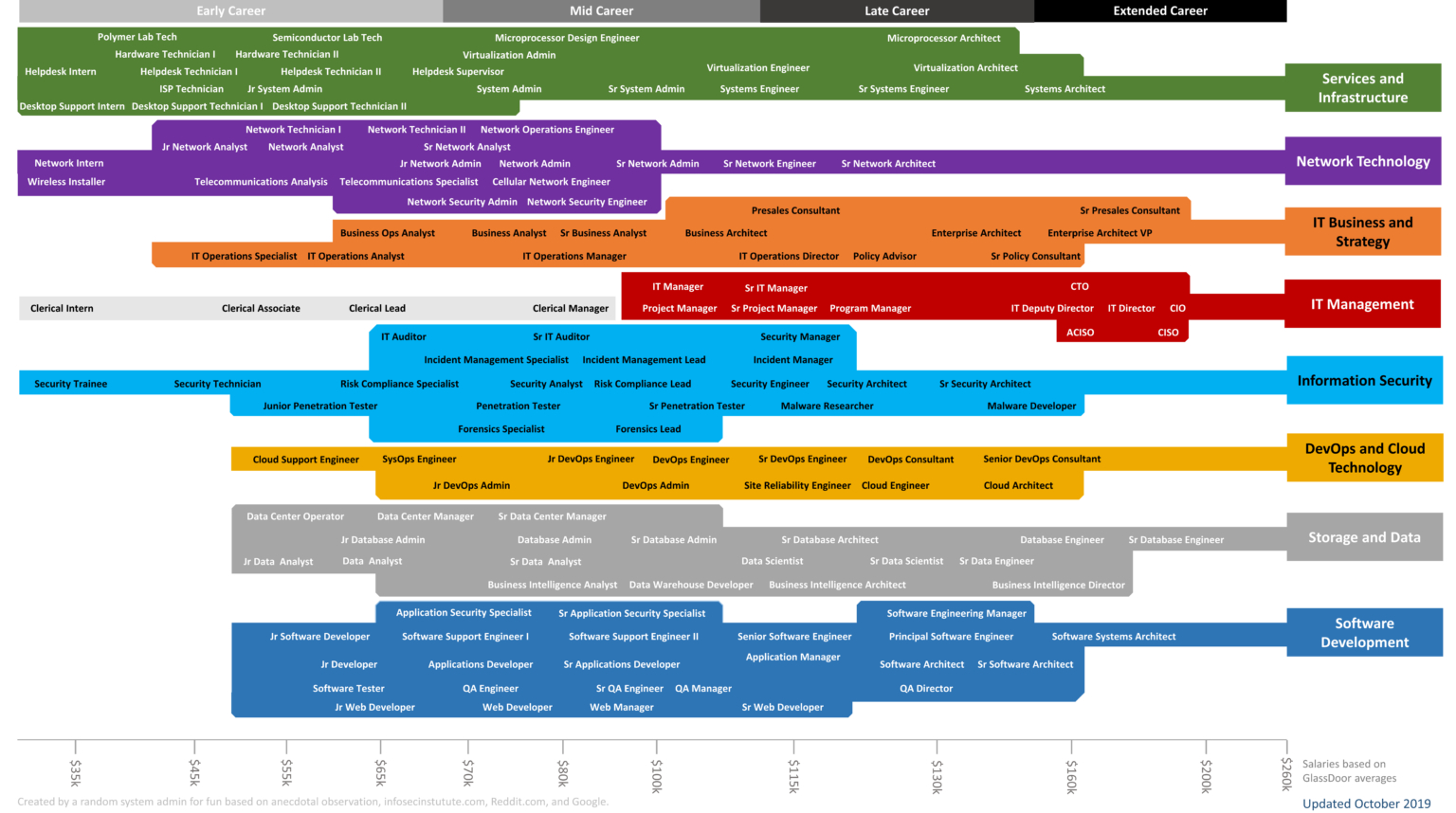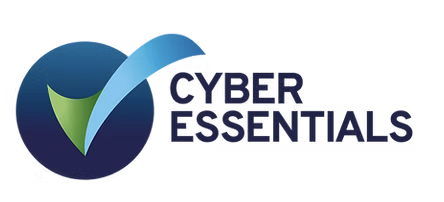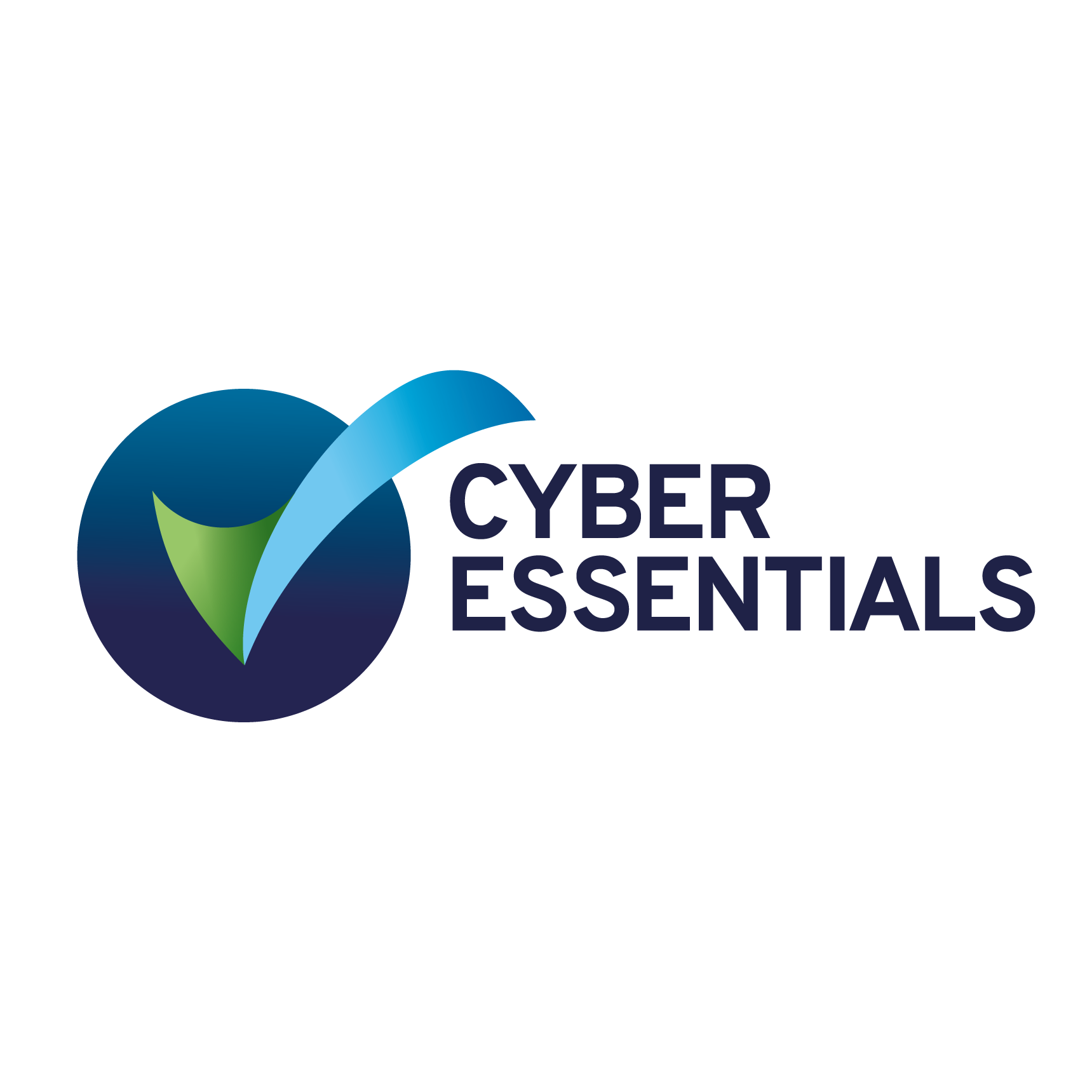Networking
You should branch out to others in the cyber security space to increase your chances of being employed. LinkedIn is a good platform to do this – regularly post your accomplishments from HackTheBox, or your bug bounties. You should try and contribute to the community, so that you can become recognised.
Another way of networking is physically attending events. You can search here (Eventbrite link) to find cyber security events local to you, purchase a ticket and then engage with local leaders. The more often you show your face, the higher chance that someone will be interested in what you have to offer. Ensure that you show enthusiasm for the sector and a willingness to learn.
Have you got your education, experience, certifications, and now you’re ready to network?
Build a portfolio. A detailed portfolio, demonstrating your applied skills, as well as projects you have worked on, will give you the best chance of landing a role.













